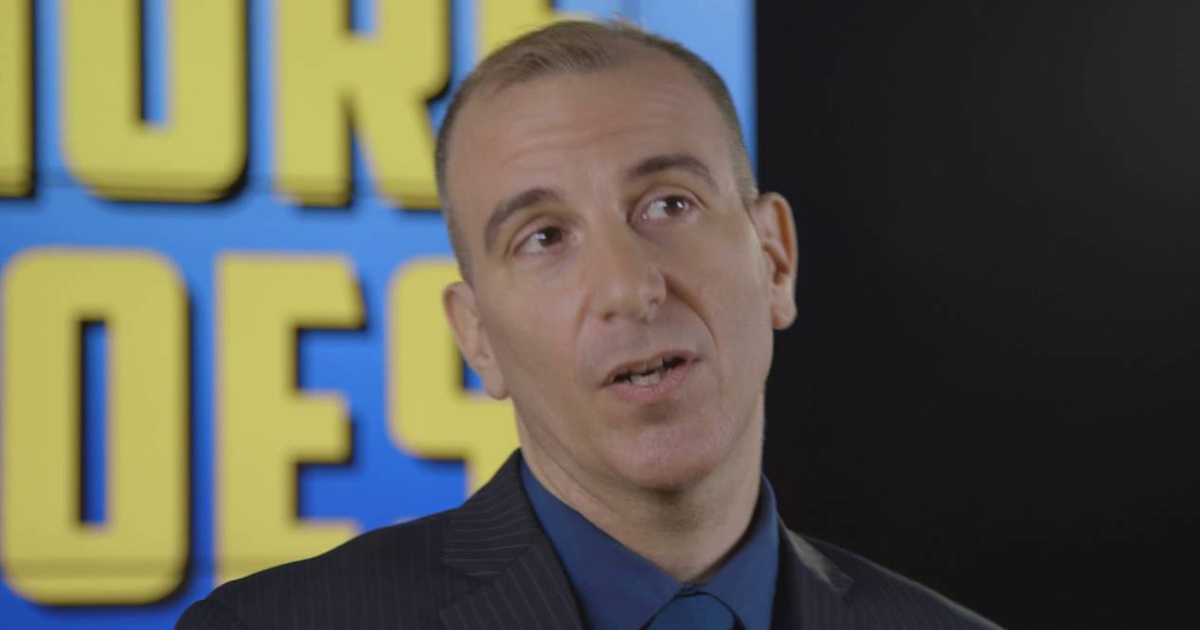Dodd-Frank has a problem regulating market making and the risks to which banks can expose their clients. The Volcker rule is set to be enacted and takes aim at dangerous investment practices and compensation arrangements that encourage risky trading, seeking to close up one of Dodd-Frank’s regulatory gaps.
“Wall Street and the banks can’t be left to their own devices to do what is in the best interest of their clients,” commented Peter Mougey, a shareholder with the Levin, Papantonio law firm and managing attorney of the firm’s business torts and securities departments. “If the mortgage-backed securities scandals have taught us anything as a public, it should be that, when given the choice between personal gain and the public good, banks choose personal gain.”
In developments and talks since 2010, the provisions of the Volcker rule have had a long and arduous history with regulators and banks negotiating the particulars for over 2½ years. The bill won’t see swift implementation; however, as the Wall Street Journal reports, regulators have advised firms to not expect strict enforcement until as late as 2015.
Specifically, the regulation is intended to target those investments which, should they be profitable, will fail to provide direct benefits to those who have placed their money with the bank, instead, providing gains to the investors and money managers. The trades in question have been termed “proprietary trading.” Hedge funds and investments have been specifically targeted and banks will be required to show that their “‘correlation analysis demonstrates that the hedging activity demonstrably reduces or otherwise significantly mitigates the specific identifiable,’ risks being hedged,” according to WSJ. Practically meaning that it will require the banks to demonstrate that the interests of the investors will be preserved.
Banks are expressing concerns regarding the regulation and the impact, they claim, it will have on their ability to provide liquidity in the marketplace. Critics of the bill claim that it will stifle productive banking practices. However, as Slate’s Matthew Yglesias points out, “If you’re some kind of bank regulation junky who thinks the rule is too kind to banks, you do not get to sue and get judges to make the rule stricter.” And highlighting that banks will have the opportunity, for years and years to come, to sue and challenge the rules that are in place, brings the importance of judicial appointments into sharp focus.
Joshua is a writer and researcher with Ring of Fire. You can follow him on Twitter @Joshual33.


